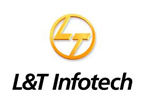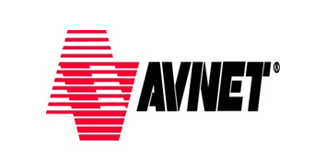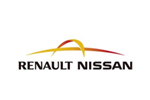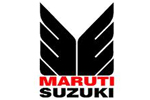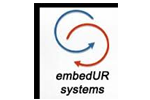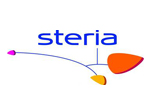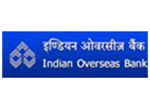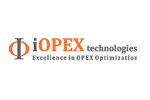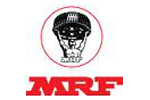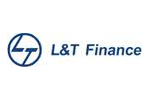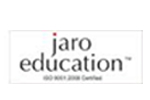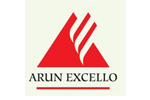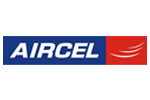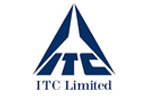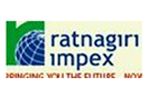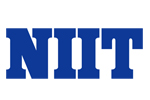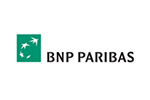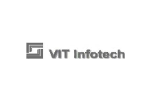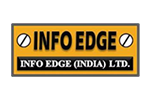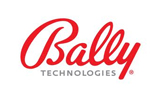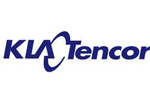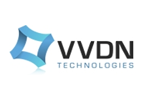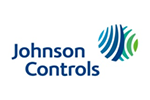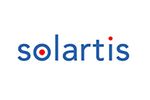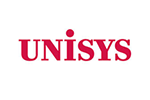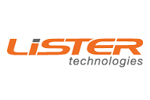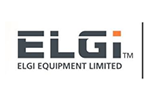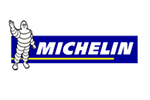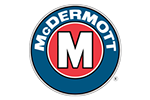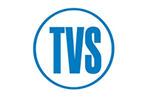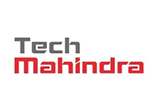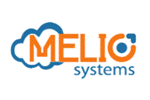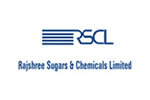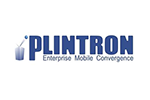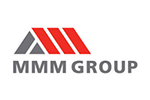About the Department:
Mechanical Engineering Department was established in the year 2011 at Velammal Institute of Technology, Anna University to offer four year degree course with an initial intake of 60 students. It has since then grown significantly by spreading its academic activities in offering courses at Undergraduate level. The department faculty is actively involved in guiding research scholars leading to Ph.D. degree. Currently, each year the department admits 120 students for the Undergraduate programme.
To meet the required Academic standards, quality instruction to students is imparted by the motivated and qualified faculty members providing good academic insights. To provide higher degree of perspective in the concepts of subject content, Computers and Audio- Visual equipment are extensively used. Students are especially trained to meet the current industrial requirements. In order to keep pace with changing needs of educational standards, the department conducts various certification courses by experts from our institute and industries.
The department is equipped with all the necessary laboratories in the field of Thermal Engineering, Manufacturing, Metrology, Dynamics, Mechatronics, CAD/ CAM, Strength of Materials and Fluid Mechanics which helps the students to enhance their knowledge in fundamental science and Engineering principles to pursue a successful life and professional career. The Department has 6 Doctorates and 5 Professors pursuing their PhDs and 15 efficient and dynamic faculties… to help the students in experiencing and analyzing real time problems in present scenario, solving them by implementing ground-breaking techniques in the field of Mechanical Engineering. With our engineering coursework and project experience, our student’s innovative mindset and affinity for problem-solving, and history of successful team projects, we believe our students will be strong candidates. Most of our second, third and final year students show more enthusiasm to work in the field of automobile sectors. They were vigorously participating in various contests like Go-Kart Design, RC Racing, Solar Vehicle design etc. since 2012.
Vision:
- To create technically qualified mechanical engineers to meet the demands of industry and also to fulfill the society needs by research and entrepreneurship through innovative ideas.
Mission :
- M1: Preparing efficient and responsible engineers for industry requirements by providing quality education.
- M2: Encouraging the students to explore their research skills for the career development and higher studies.
- M3: Empowering students in organizing events to gain experience in team work and leadership qualities.
- M4: Preparing students for their role as Engineers in the society with an awareness of entrepreneurial, ethical, environmental, economical, safety and quality issues.
The Program Educational Objectives (PEOs) support and are in consonance with the Mission of the Department. The attempt was to define PEOs as broad based, general statements that describe the career and professional accomplishments that the program is preparing graduates to achieve long term program targets.
- PEO 1: Graduates will have fundamental knowledge in engineering to deliver technical skills needed in the areas of Production, Design, Thermal, Industrial engineering and allied fields.
- PEO 2: Graduates will have a successful placement and career in industries besides, pursuing higher studies.
- PEO 3: Graduates will be able to exhibit skills like entrepreneurial, ethical, communication, team work and life-long learning in their profession to adapt the latest trends
The graduates passing from the department of mechanical engineering are capable of doing
- Modernize/Automate/Adapt latest technology: – Graduates will be able to design, develop and operate newer mechanical systems or processes using emerging practices to enhance the productivity.
- Optimization and Sustainability: – Graduates will be able to find sustainable, Cost effective and environmental friendly measures to existing technology.
Engineering Graduates will be able to:
- Engineering knowledge: Apply the knowledge of mathematics, science, engineering fundamentals, and an engineering specialization to the solution of complex engineering problems.
- Problem analysis: Identify, formulate, review research literature, and analyze complex engineering problems reaching substantiated conclusions using first principles of mathematics, natural sciences, and engineering sciences.
- Design/development of solutions: Design solutions for complex engineering problems and design system components or processes that meet the specified needs with appropriate consideration for the public health and safety, and the cultural, societal, and environmental considerations.
- Conduct investigations of complex problems: Use research-based knowledge and research methods including design of experiments, analysis and interpretation of data, and synthesis of the information to provide valid conclusions.
- Modern tool usage: Create, select, and apply appropriate techniques, resources, and modern engineering and IT tools including prediction and modeling to complex engineering activities with an understanding of the limitations.
- The engineer and society: Apply reasoning informed by the contextual knowledge to assess societal, health, safety, legal and cultural issues and the consequent responsibilities relevant to the professional engineering practice.
- Environment and sustainability: Understand the impact of the professional engineering solutions in societal and environmental contexts, and demonstrate the knowledge of, and need for sustainable development.
- Ethics: Apply ethical principles and commit to professional ethics and responsibilities and norms of the engineering practice.
- Individual and team work: Function effectively as an individual, and as a member or leader in diverse teams, and in multidisciplinary settings.
- Communication: Communicate effectively on complex engineering activities with the engineering community and with society at large, such as, being able to comprehend and write effective reports and design documentation, make effective presentations, and give and receive clear instructions.
- Project management and finance: Demonstrate knowledge and understanding of the engineering and management principles and apply these to one’s own work, as a member and leader in a team, to manage projects and in multidisciplinary environments.
- Life-long learning: Recognize the need for, and have the preparation and ability to engage independent and life-long learning in the broadest context of technological change.











